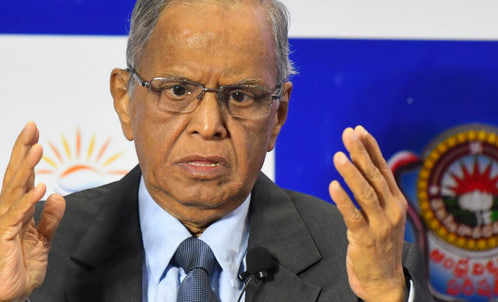Action and authority: On Governors and implementation of decisions by elected regimes
Governors should leave no scope for criticism that they challenge elected regimes
That two States have approached the Supreme Court of India against the conduct of their Governors once again flags the problem of political appointees in Raj Bhavan using their authority to delay the implementation of decisions by elected regimes, if not undermine them. Tamil Nadu and Kerala have questioned the delay in the granting assent to Bills passed by the legislature . Tamil Nadu is also aggrieved that proposals related to grant of remission to some convicts , sanction for prosecution of some former Ministers and appointments to the State Public Service Commissions have not been acted upon. Governors need not rubber stamp any decision, but one can question the practice of Governors, especially in States not governed by the ruling party at the Centre, blocking decisions and Bills. For instance , some Governors appear to be hostile to the very idea of amendments to university laws if they seek to leave out Chancellors, invariably the Governors themselves, from the process of appointing vice-chancellors, or establishing new universities in which Governors are not chancellors. The idea of having Governors as ex-officio vice-chancellor of most universities is only a practice and is actualised through their founding statutes . However, Governors seem to be labouring under the misconception that they have a right to be chancellors and tend to delay assent to any Bill that clips or removes their power. It is time to have a national prohibition on Governors being burdened with the role of chancellor of any university, as recommended by the Justice M.M. Punchhi Commission on Centre-State relations.
It is unfortunate that absence of a time-frame for giving assent is used by some Governors to stymie laws passed by the legislature. One would have thought the Supreme Court’s observations, arising out of the Telangana government’s petition , reminding constitutional authorities that the phrase “as soon as possible” appearing in Article 200 of the Constitution contains significant “constitutional content” would have driven into them a sense of immediacy in considering Bills. What the Court meant was that it would be constitutionally impermissible for Governors to indefinitely hold-on to Bills without conveying a decision. The States, too, ought-to be prudent in their decision-making without leaving scope for questions on the merit of their decisions. The absence of any laid-down process to seek applications and assess the relative merits of applicants before appointing the chairperson and the members of the Tamil Nadu Public Service Commission is a case-in point. The larger point that none should forget is that Governors are explicitly restricted in their functioning by the ‘aid and advice’ clause in the Constitution and ought not to misuse the discretionary space available to them.
